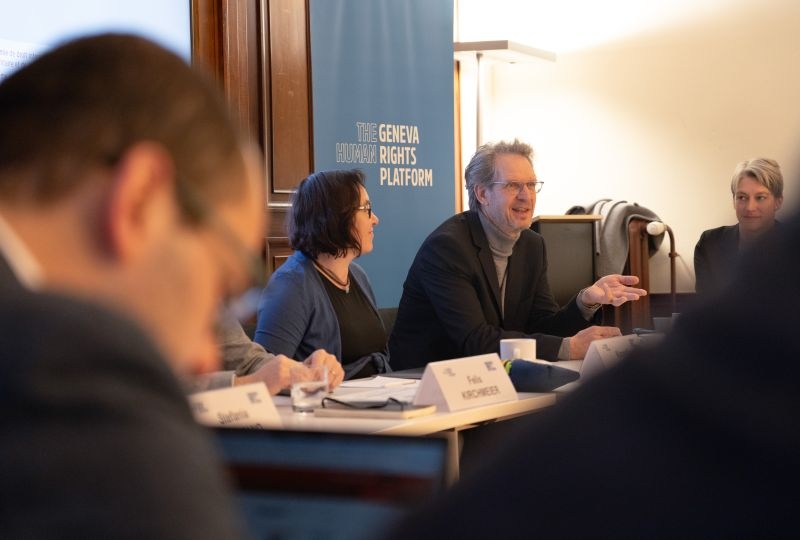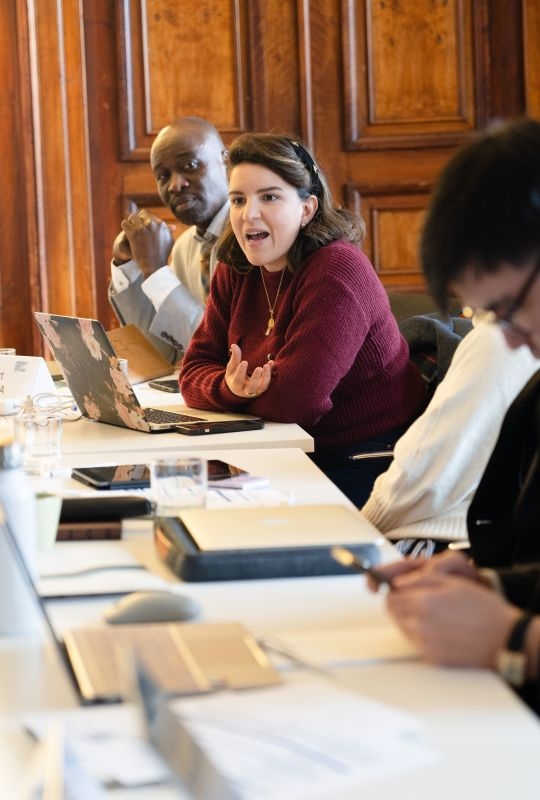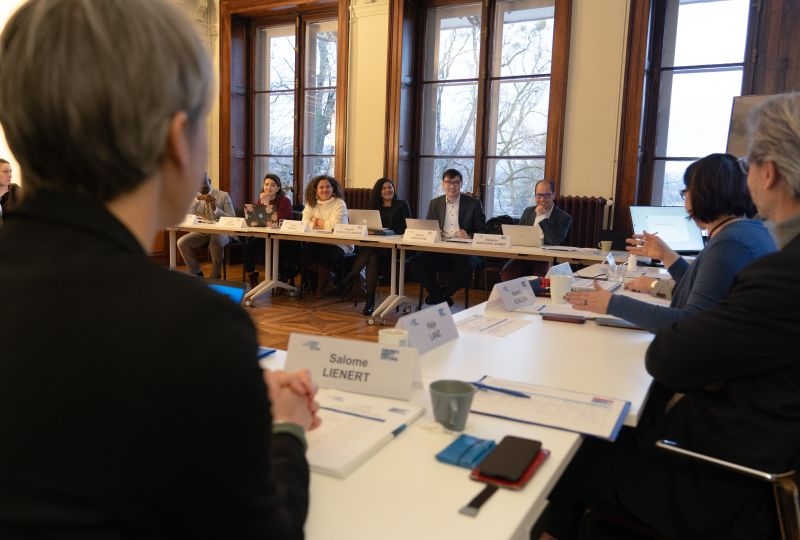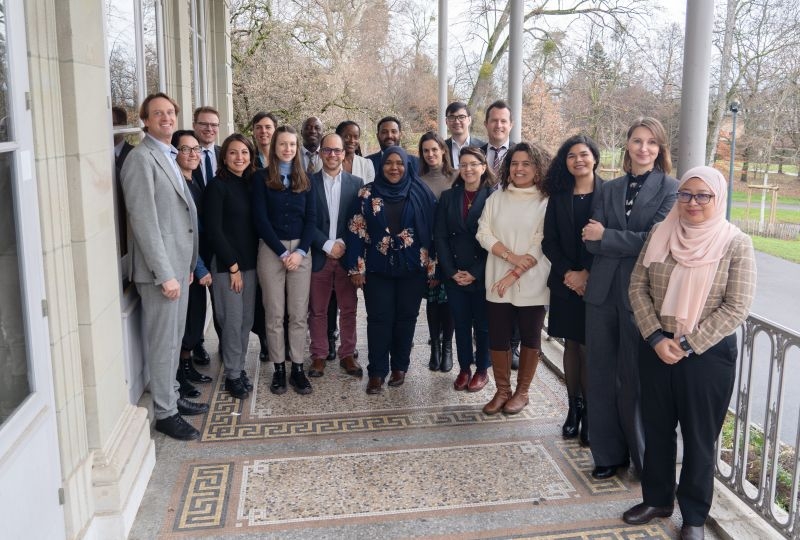A thorough selection of candidates resulted in a great and dedicated group of 16 participants coming from all regional groups with fascinating exchanges within the group and with experts from UN human rights mechanisms, the former Chiefs of the UPR and HRC Branches of the Office of the UN High Commissioner for Human Rights, civil society and senior diplomats.
Given the high turnover of diplomats in Geneva, we hope to be able to offer this executive training course once a year as a standing item in our Training Hub offer. Diplomats arriving in Geneva are not necessarily human rights experts but are expected to be operational from day one. This training not only helps them to adapt to their new positions and familiarize themselves with their new files but also ensures that the HRC can perform at its best, with dedicated diplomats who are well-informed about the intricacies and the history of this important UN body.
‘At FES Geneva, we are trying to act as a bridge between international organizations based in Geneva and the Global South, linking protagonists like parliamentarians, activists or trade unionists from the Global South to what is going on in international Geneva. In this way, we equip them with the means to interact, engage and have an impact. This programme for diplomats complements this approach on a different level’ explains Hajo Lanz, Director of FES Geneva Office.











